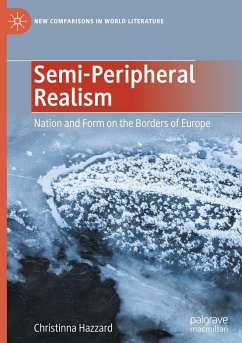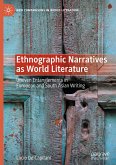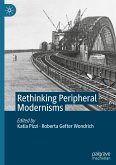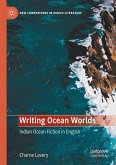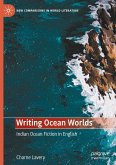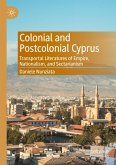This book explores the geopolitical and symbolic borders of Europe through the concept of the semi-periphery. Focusing on the North Atlantic island nations, Iceland and the Faroe Islands, and Turkey - a set of very different social and cultural landscapes - the book compares the semi-peripheral aesthetics of Halldór Laxness's and William Heinesen's novels with the semi-peripheral city and borderscapes in works by Orhan Pamuk and Latife Tekin. It offers new readings of texts such as Laxness's The Atom Station and Pamuk's Snow, and provides original readings of works that little has been written about in English, such as Heinesen's The Black Cauldron and Tekin's Swords of Ice. Making use of the theory of uneven and combined development and world systems theory, the book illustrates that the experience of nation-building and capitalist modernisation in the semi-periphery results in a particular realist aesthetic that is remarkably similar across different regional literatures. The book's world-literary method shows that the semi-periphery constitutes a vital and productive area of study both for world literature and for broadening our understanding of colonialism and imperialism on the margins of continental Europe.
Bitte wählen Sie Ihr Anliegen aus.
Rechnungen
Retourenschein anfordern
Bestellstatus
Storno

